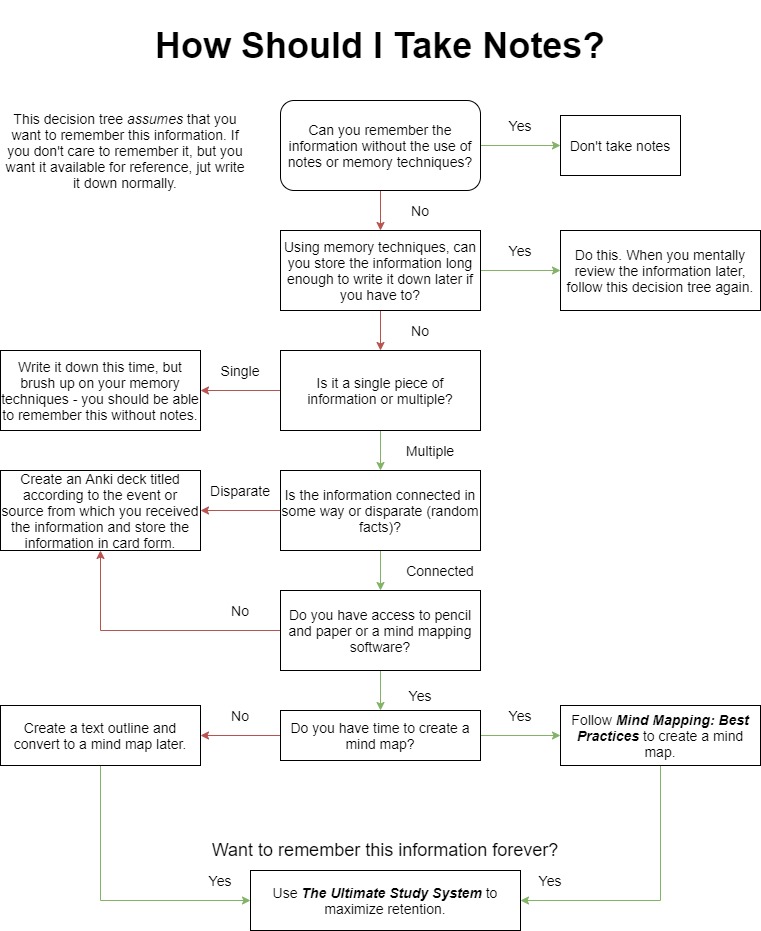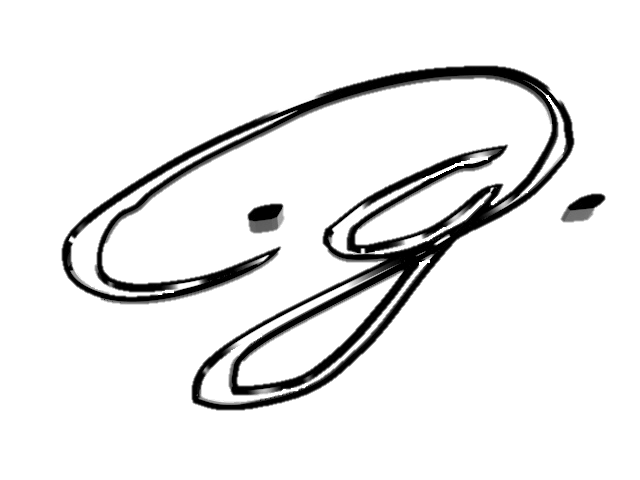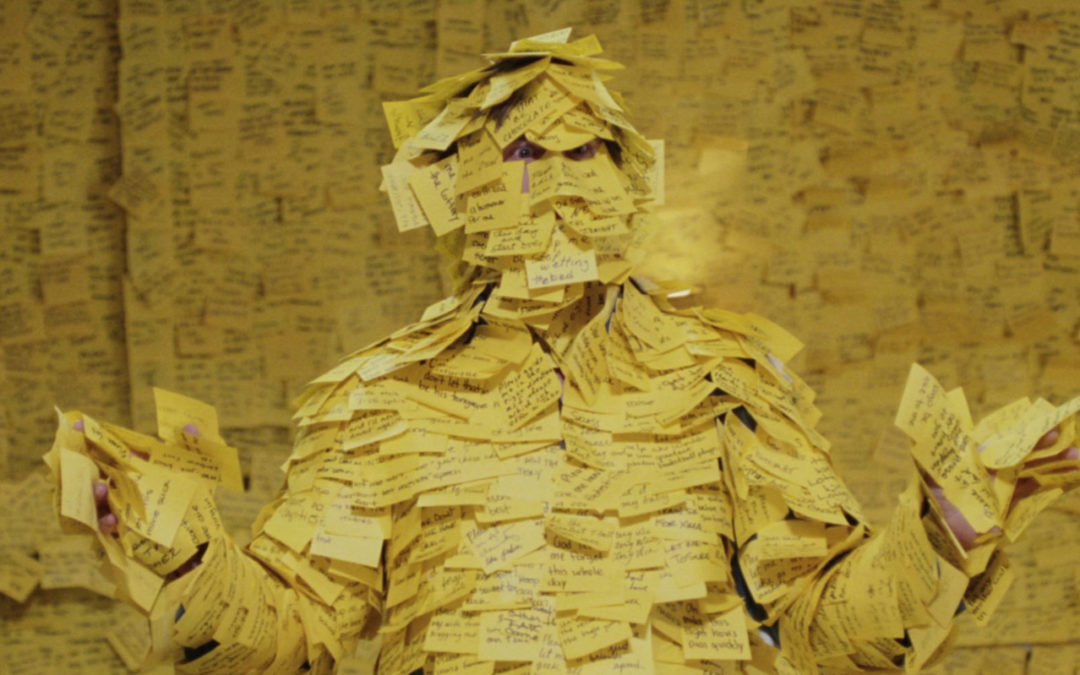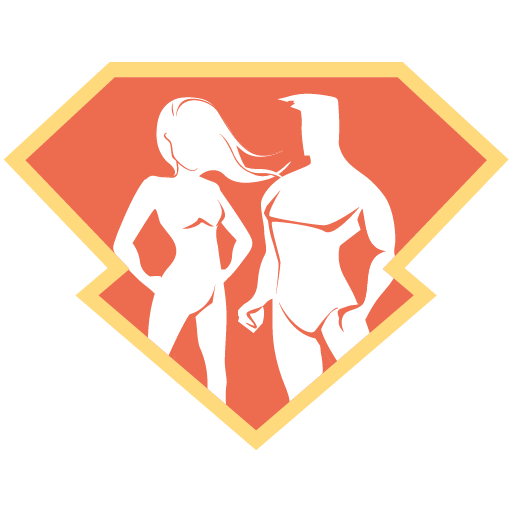Note-Taking Systems – A Waste of Time?
I didn’t study. How could I? I never took notes!
I rode through grade school and high school on a wave of elaborate doodles. By the time I graduated, I had drawn countless battle scenes and crazy characters and stick figures dying in a million ways. I had developed my own alphabet to write notes in, mostly to no-one, but it allowed me to write things like “get me out of this hell-hole” all over my notebook without getting sent to the school guidance counselor.
In college, I made an effort to change this and take “real” notes, but I mostly fell back into my old habits and filled more pages with gargoyles.
What is the point of taking notes? I wasn’t the best student ever, but I made it through just fine without them!
Writing is a way to outsource memory and to communicate with your future self and with others. Notes allow you to capture information conveyed through a temporal medium, such as speech, and save it for later review.
What is the point of later review?
There are some things that, though new to you, you would never bother to write down. For example: despite wanting to remember it later to discuss with your friends, when is the last time you took notes during a movie? Probably never.
When is the last time you made a note when your best friend shared that they just started dating that “special someone” they’ve always had their eye on?
Unless you are a compulsive journaler, you have probably never felt the need to write down these kind of details; you just naturally remember them.
What makes these details different than the information you were supposed to learn in school?
In the case of a movie, if the movie is any good, it engages your senses and your emotions. It is not just information; it is an experience.
When your best friend starts dating someone new, you remember because you already have a wealth of experience and prior knowledge to connect that information to. It is a piece of the framework that shapes your world.
When you take a note you are unconsciously classifying the information as “not memorable.” While the experience of writing it down may improve recall, since now you have an episodic memory attached to the information, you are also signaling to your brain that it does not need to expend energy to remember it; it has been outsourced.
I am not advocating for students to abandon note-taking, but I think that for me, my failure to take notes was a key, not a stumbling block, to my success. I never signaled to my brain that the task of remembering was outsourced. If I didn’t catch an important detail when it was shared in class, I wasn’t going to know it for the exam.
So, why use note-taking systems? Especially if they are just going to train your brain to forget!
Note-Taking Systems that Actually Work
Notes, when used properly, do have a place. These are the 3 primary instances in which I recommend taking notes:
- Reference: you don’t care to remember something but want to have it around for reference.
- Overwhelm: the flow of information is too overwhelming for you to rely on memory techniques alone at your current skill level.
- Sorting: you are not sure what information is worth remembering and you will need to parse it out later.
Those are some reasons why to take notes, but what about how?
Use the following decision tree to determine what kind of note-taking systems you should use (if any), depending on your situation.

If you want to optimize your mind maps for your memory, check out Mind Mapping: Best Practices.
If you want to learn a study system that combines the visuals of mind mapping, the spaced repetition of Anki, and the advantages of memory palaces check out The Ultimate Study System.
Notes can be a tool or a crutch. Used correctly, they can be leveraged to maximize retention through visualization and spaced-repetition; used poorly and they can undermine your confidence and your memory. If you want to learn how to use your memory effectively and optimize your learning, this is the best place to start.



